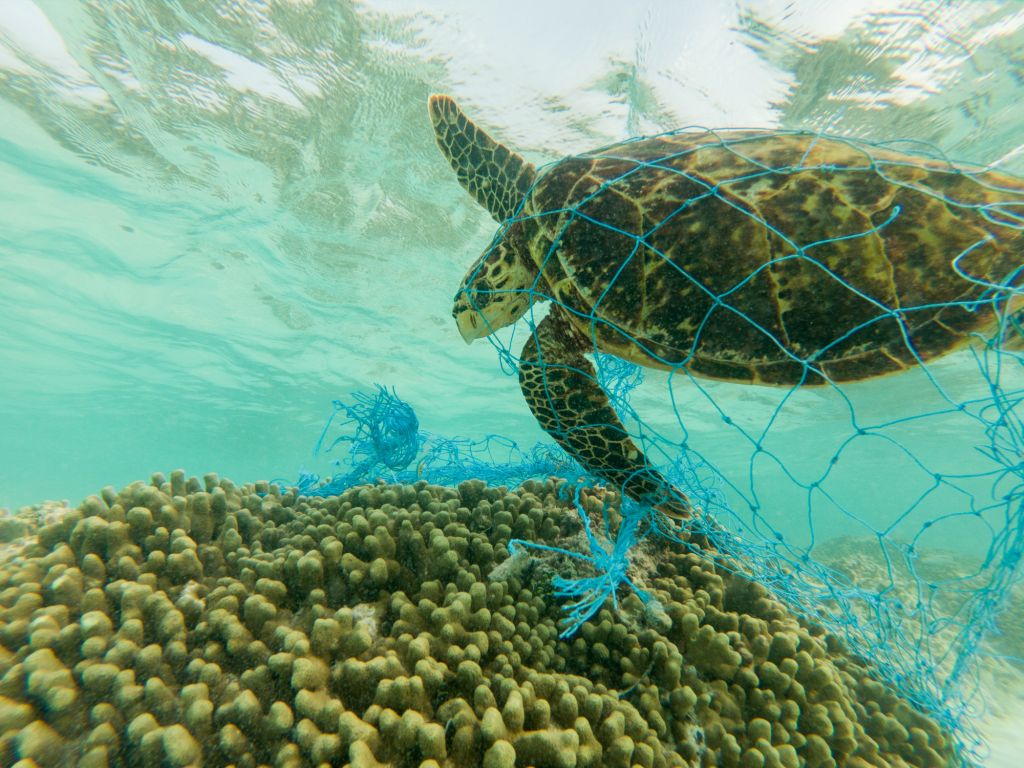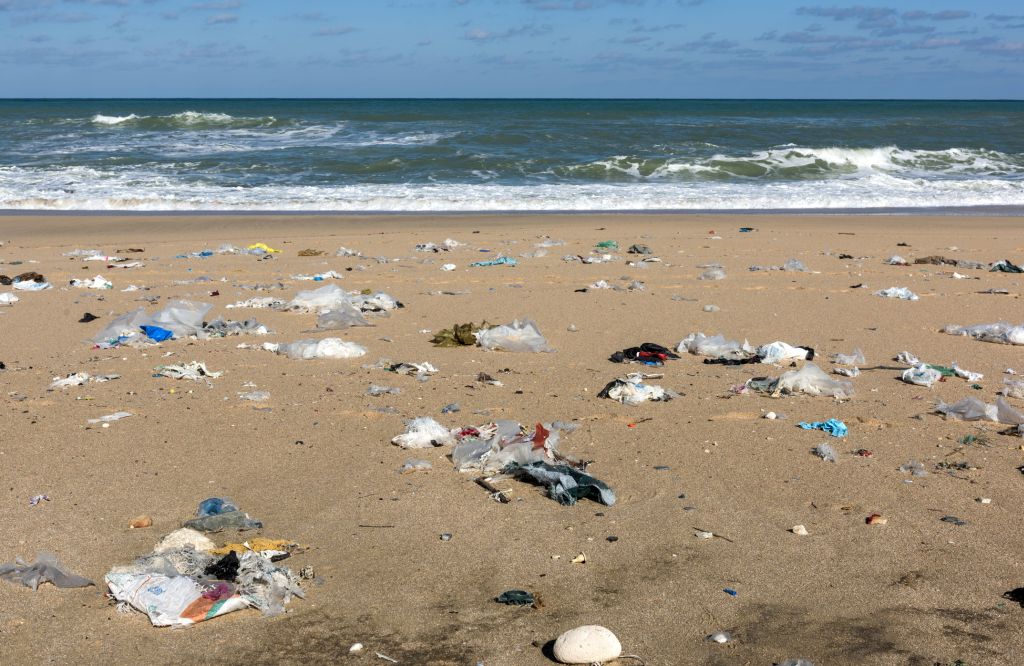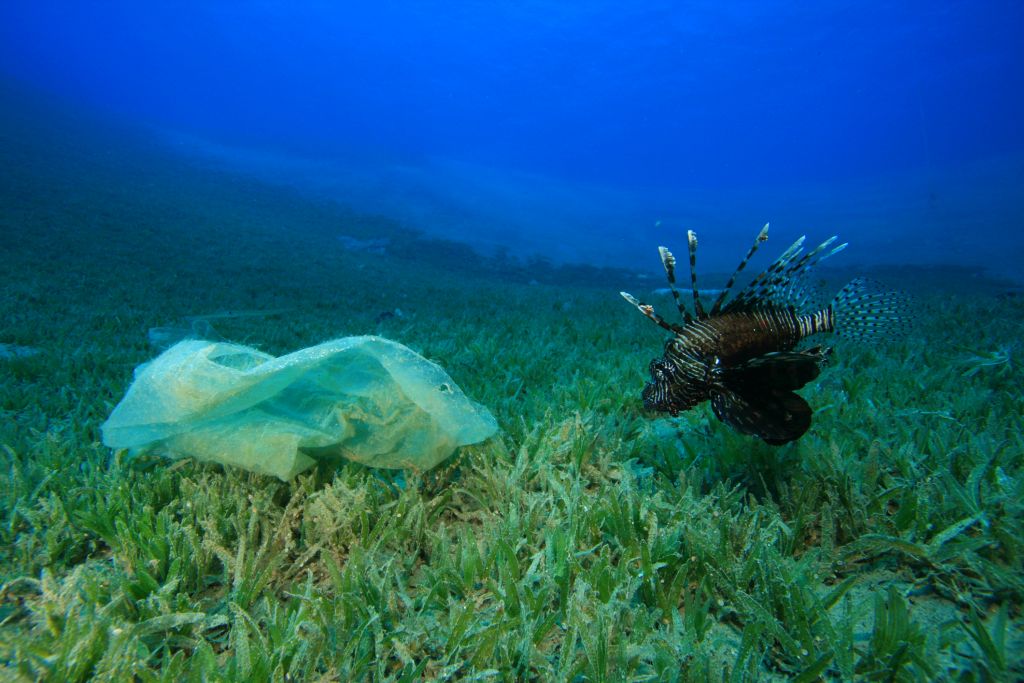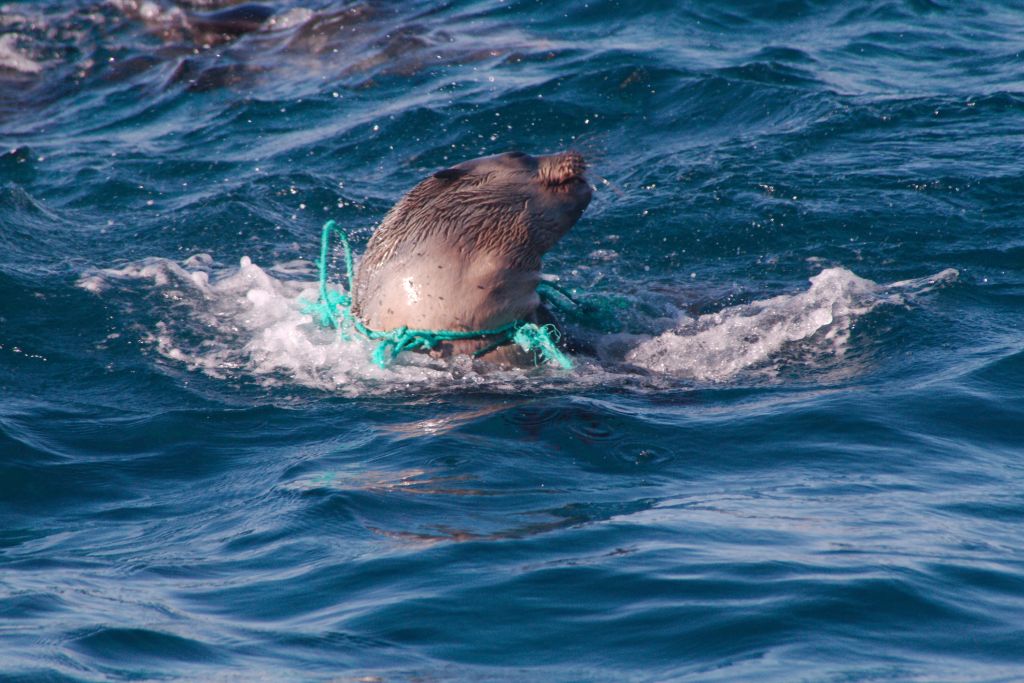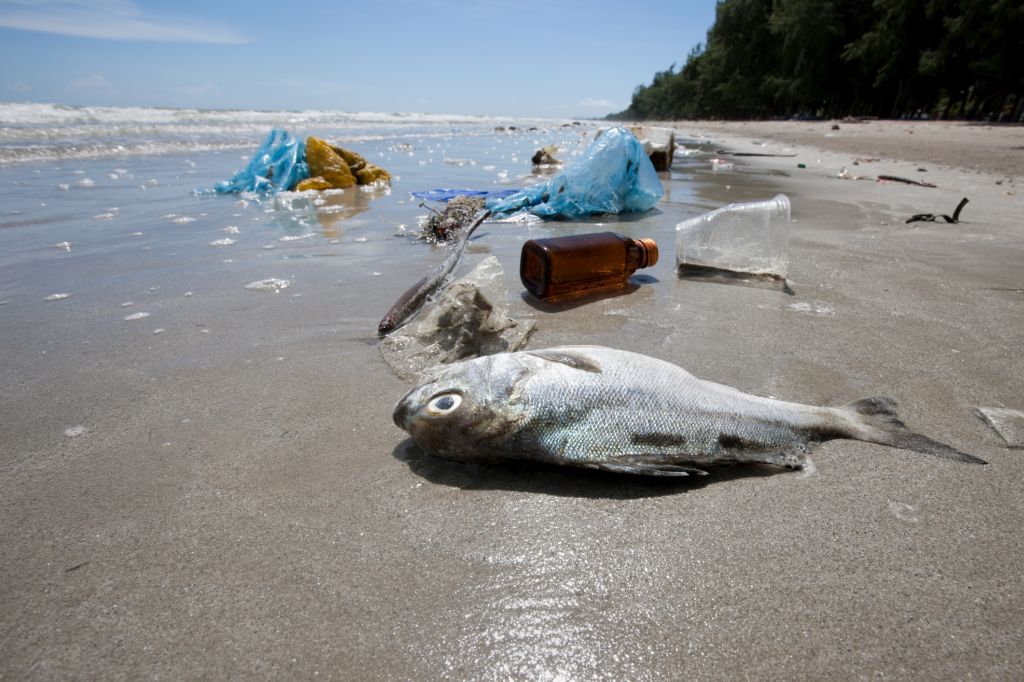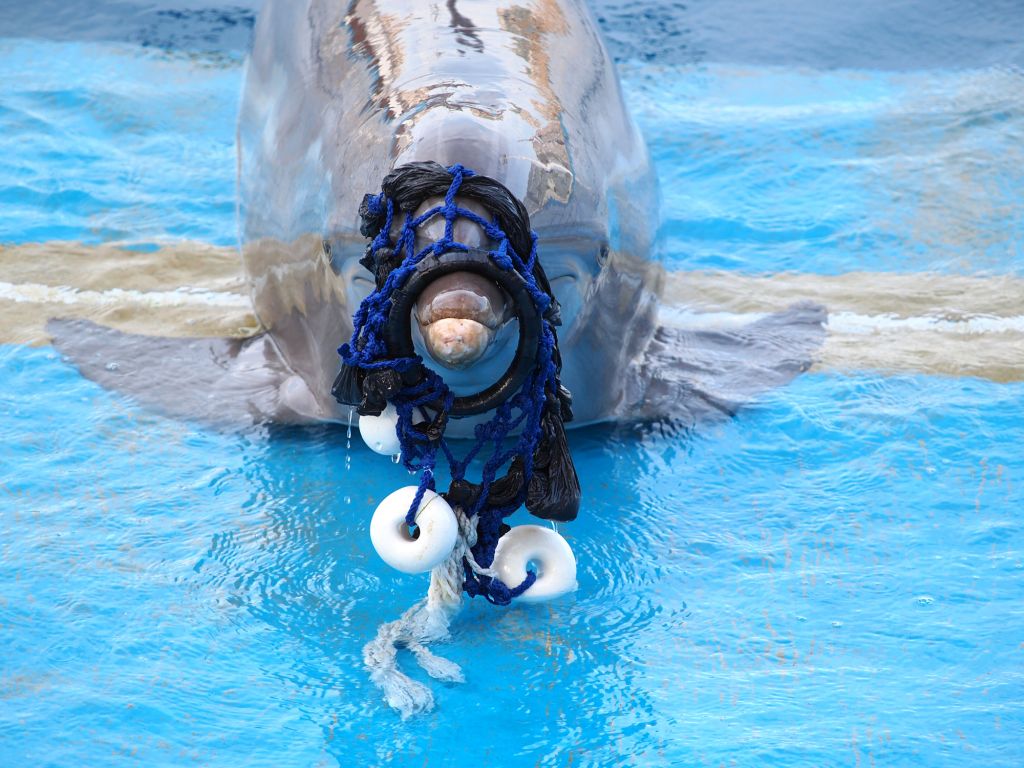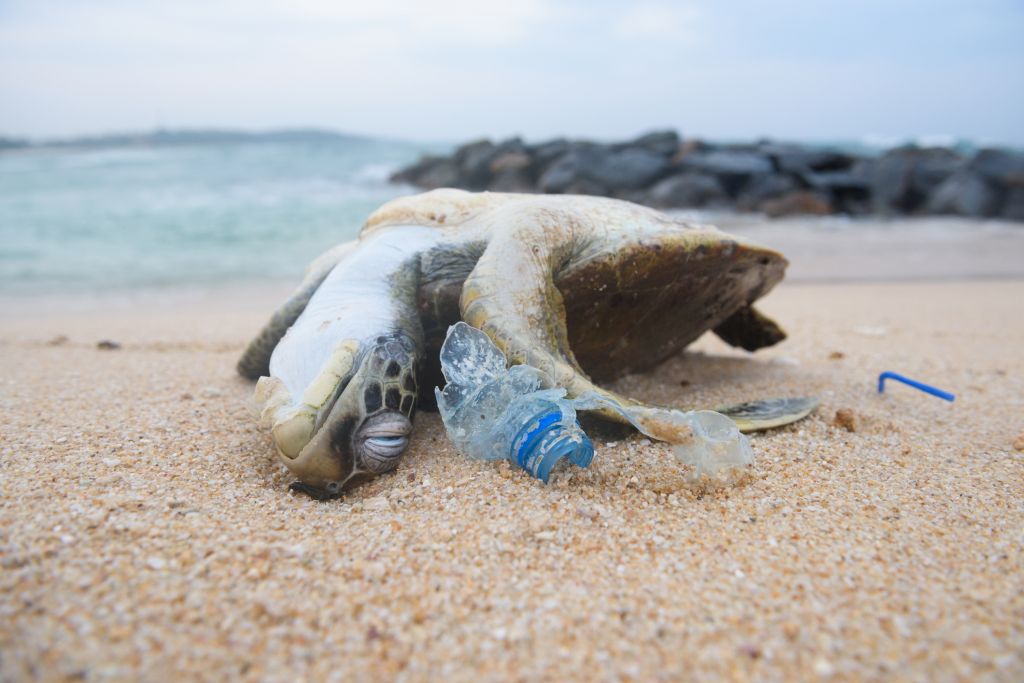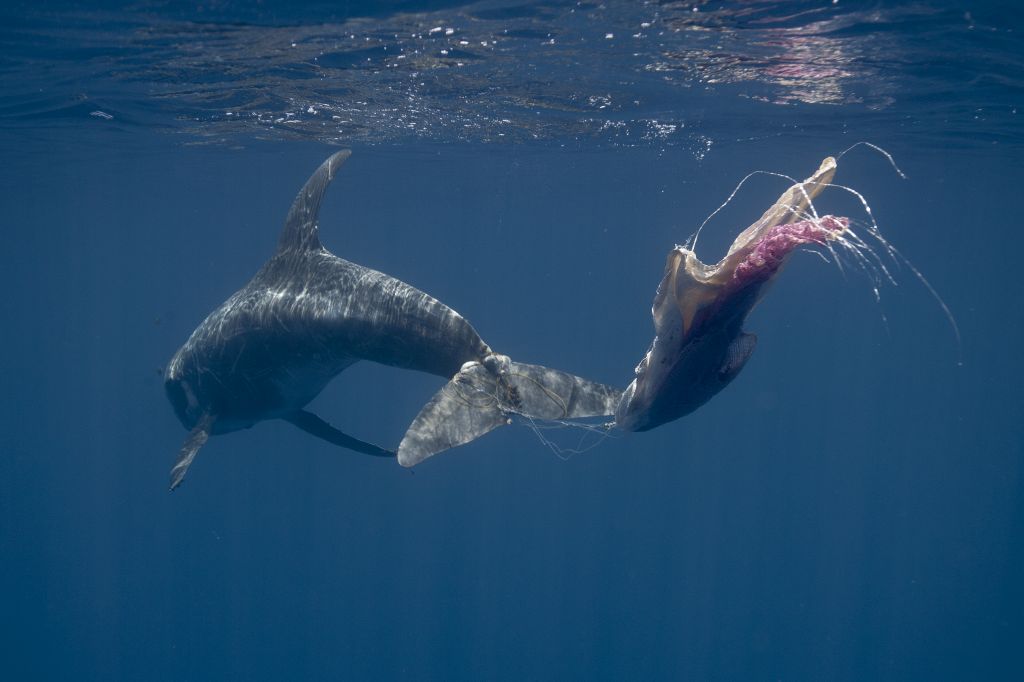
Plastic Pollution
Every year about 10 million tons of plastic is dumped into our oceans. That's as much as a truckload of plastic waste every minute.
Everything from plastic bottles and bags to microbeads end up in our oceans. This creates a swamp of large and small plastic pieces that is mistaken for food by marine animals.
Plastic waste chokes and entangles turtles and seabirds. Micro-plastics are clogging the stomachs of marine creatures and fish. Scientists have found that we are already eating seafood that is contaminated with plastic.
We can help put an end to plastic pollution by choosing not to use single use plastic items, such as plastic bags and straws. Single-use plastic items are one of the biggest contributors to ocean pollution.
According to Plastic Oceans:
- Packaging accounts for just over 40% of total plastic usage.
- Up to 50% (380 million tons) of all plastic produced each year is for single-use.
- Annually approximately 1 trillion plastic bags are discarded worldwide. A plastic bag has an average “working life” of 15 minutes.
- 14% of all litter comes from beverage containers (plastic bottles).
- 100 000 tons of chewing gum, made from plastic, is discarded every year.
- Over the last 10 years we have produced more plastic than during the whole of the last century.
Plastic takes 500 years to break down. Once it enters our environment, it stays there. This is why it is important to stop using plastic items that we use for about 15 minutes before we dispose of it.
Plastic Free July
Every July, people around the world take a pledge to live a plastic free life. By taking the pledge you can either give up the top four – straws, bottles, bags and coffee cups or you can go all the way and refuse as much single use plastic as you possibly can every day. Use the list of Plastic Free July actions and choose what you will give up, it doesn't only have to be in July.
Beach Clean-ups
Another way to help reduce the problem is to take part in beach clean-ups. Clean C and Cape Town Beach Cleanup are initiatives that gets volunteers to clean up our beaches.
WATCH: Find out what you can do to protect our oceans

